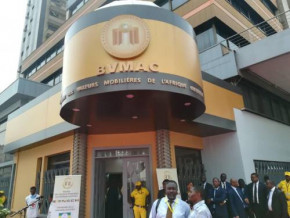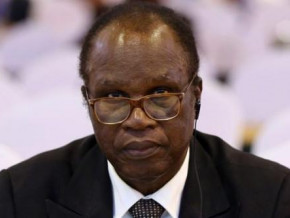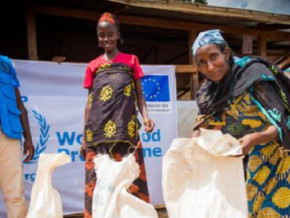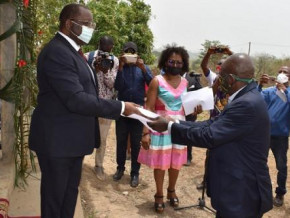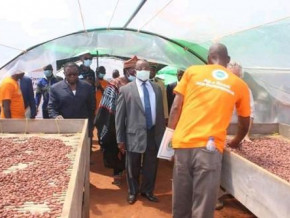
Cameroon wants to reduce cocoa export charge by 50%, in order not to discourage operators in sector
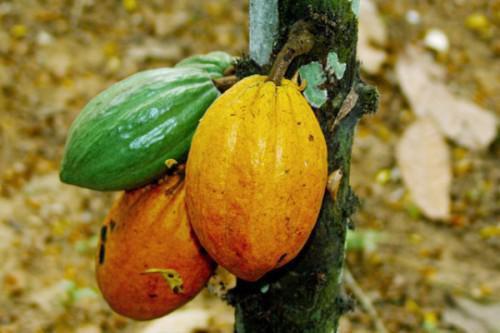
(Business in Cameroon) - Increased by close to 300% (from FCfa 54 to FCfa 150) at the beginning of the 2014-2015 cocoa season, in order to finance the recovery plan of the cocoa and coffee sectors, whose objective is to attain cocoa production of 600,000 tons in Cameroon by 2020, the export charge for cocoa should be halved from the start of the 2017-2018 cocoa season, we learned during a recent field tour by the Minister of Commerce, Luc Magloire Mbarga Atangana.
This measure, we learned, aims at offering a larger margin to exporters, who in turn should pay fair prices to producers, so that the latter do not give in to discouragement, faced with the decrease in world cocoa prices observed for several months now in the international market.
With this decision to reduce the cocoa export charge from FCfa 150 to 75 per kilogram, the Cameroonian government and local operators in the cocoa sector will above all forego a substantial part of the FCfa 600 million required for the implementation of the recovery plan for the cocoa and coffee sectors, which has not produced the desired results since its launch during the 2014-2015 season.
Because, in spite of actions to promote cocoa growing for years, by the Cocoa-Coffee Board as well as governmental bodies such as the National Office for Cocoa and Coffee (l’Office National du Cacao et du Café - ONCC), or even the development fund for cocoa and coffee sectors (Fonds de Développement des Filières Cacao-Café - FODECC); national production has stagnated around 200,000 tons for at least five seasons.
In order to reverse this tendency, and thus put an end to what appears to be a scattering of forces within the cocoa and coffee sectors, the Cameroonian government, we learn from reliable sources, is planning to merge all these organisations into one superstructure. A project which, we are told within the two sectors, could mark the end of the liberalisation underway since 1999, with the liquidation of the National Development Office of basic commodities (Office National de Développement des Produits de Base - ONCPB).
Brice R. Mbodiam
Mags frontpage
- Most read 7 days
- shared 1 month
- read 1 month




